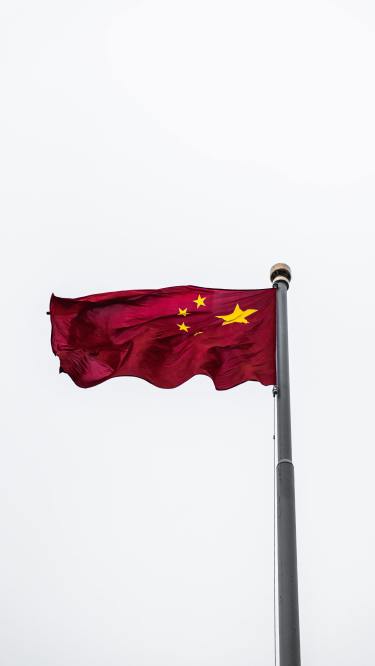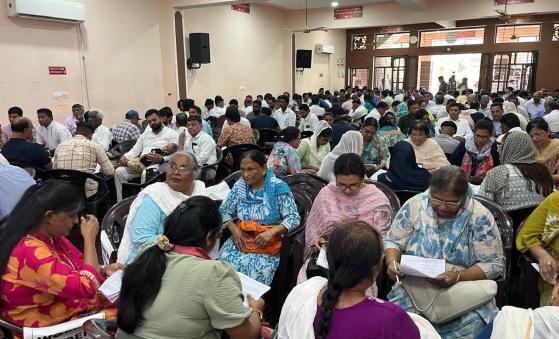
A well-known Protestant pastor in China’s Zhejiang Province has been formally arrested on charges linked to sharing sermon recordings, raising further concerns over religious freedom in the country.
Pastor Huang Yizi, from the city of Wenzhou, was arrested on 30 July on suspicion of "illegal business operations." He was originally detained on 26 June alongside four other Christians from the Zhejiang cities of Ningbo, Quzhou and Taizhou. All five were taken into custody by local police in Pingyang County and held the following day.
Two of the detainees were released on bail on 25 July, but two others remain in custody. Another church member was reportedly detained on 17 July and has not yet been released. Authorities have not clearly stated the charges against these individuals.
Under Chinese law, police must seek approval for formal arrests within 30 days of initial detention. Huang’s case appears to have been transferred for legal review on the final day of that window, 25 July. However, his representative later discovered that the arrest had already been approved and listed publicly on China’s Supreme People’s Procuratorate website that same day, before Pastor Huang had received official notice.
He was only informed of his arrest on 30 July and told that the review had taken place on 28 July, with approval granted the following day. This rapid process has raised concerns among legal observers, who question whether the proper procedures and review standards were followed.
Pastor Huang has previously faced imprisonment. In 2014, he was sentenced to one year in prison for protesting against the removal of crosses from churches by Wenzhou authorities. After his release, he was detained again in 2015 on charges of "endangering national security" and held for nearly five months under a form of secret detention known as residential surveillance at a designated location (RSDL).
Huang’s church, like many in the region, was once part of the state-approved Three-Self Patriotic Movement (TSPPM), which operates under government regulation.
Human rights groups have criticised the use of broad charges, such as “illegal business operations,” against religious communities. The Chinese Human Rights Lawyers Group stated that sharing and selling sermon recordings is a form of religious expression and should be protected under China's constitution, which formally guarantees freedom of religion or belief.
Concerns continue to grow over the increasing pressure placed on Christian communities and religious leaders across China, especially those who speak out or engage in activities beyond tightly controlled state structures.
Adapted from CSW.




